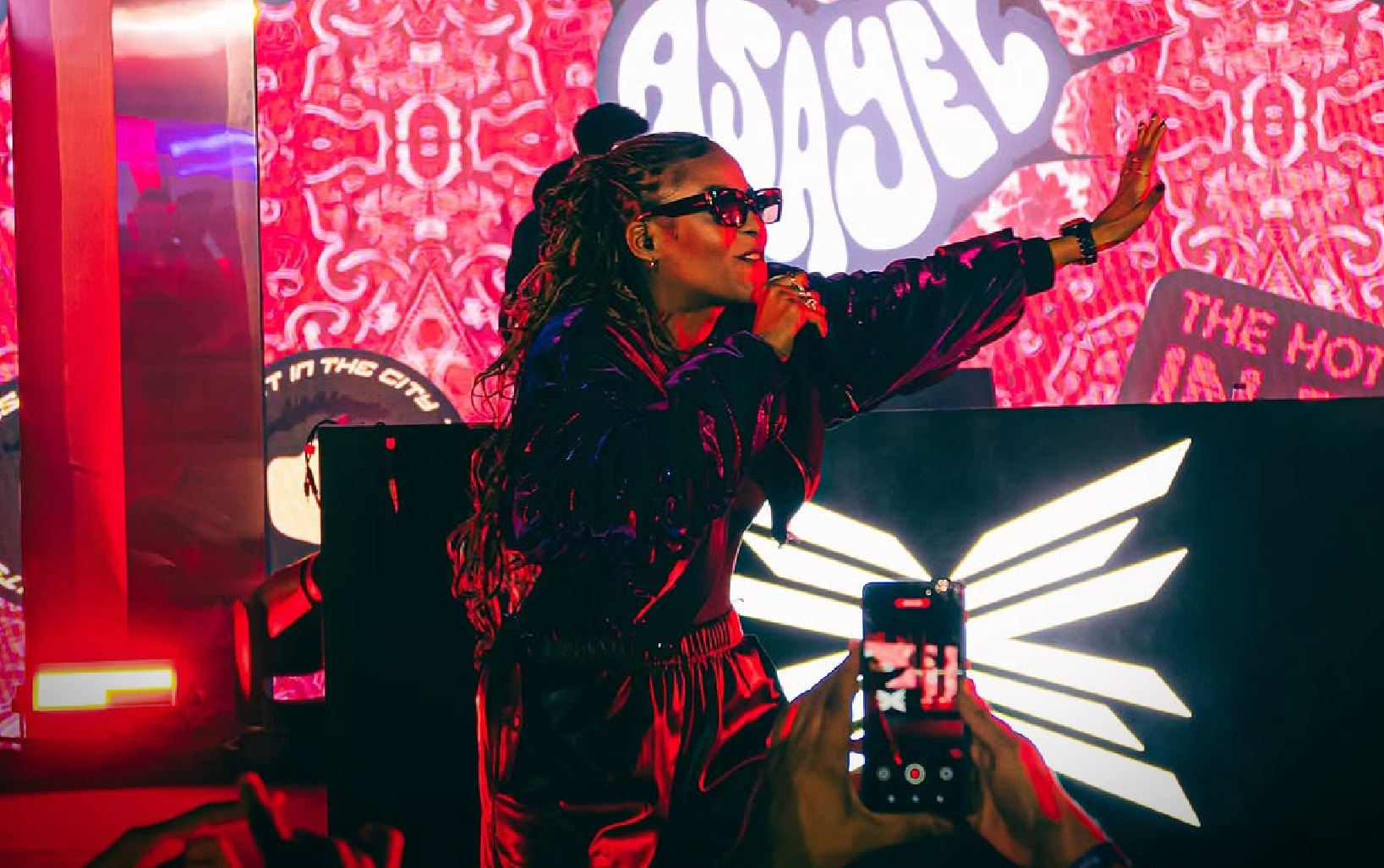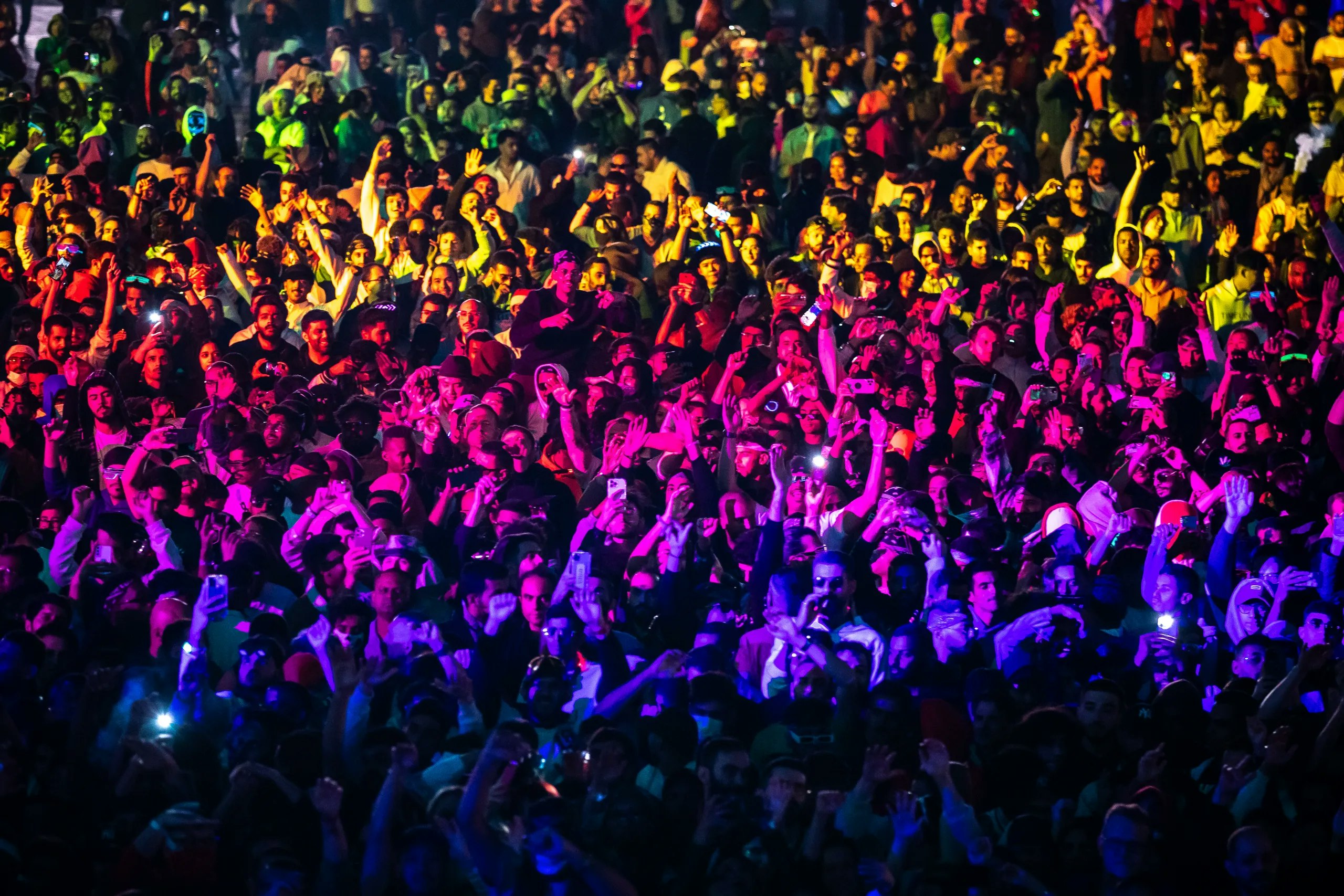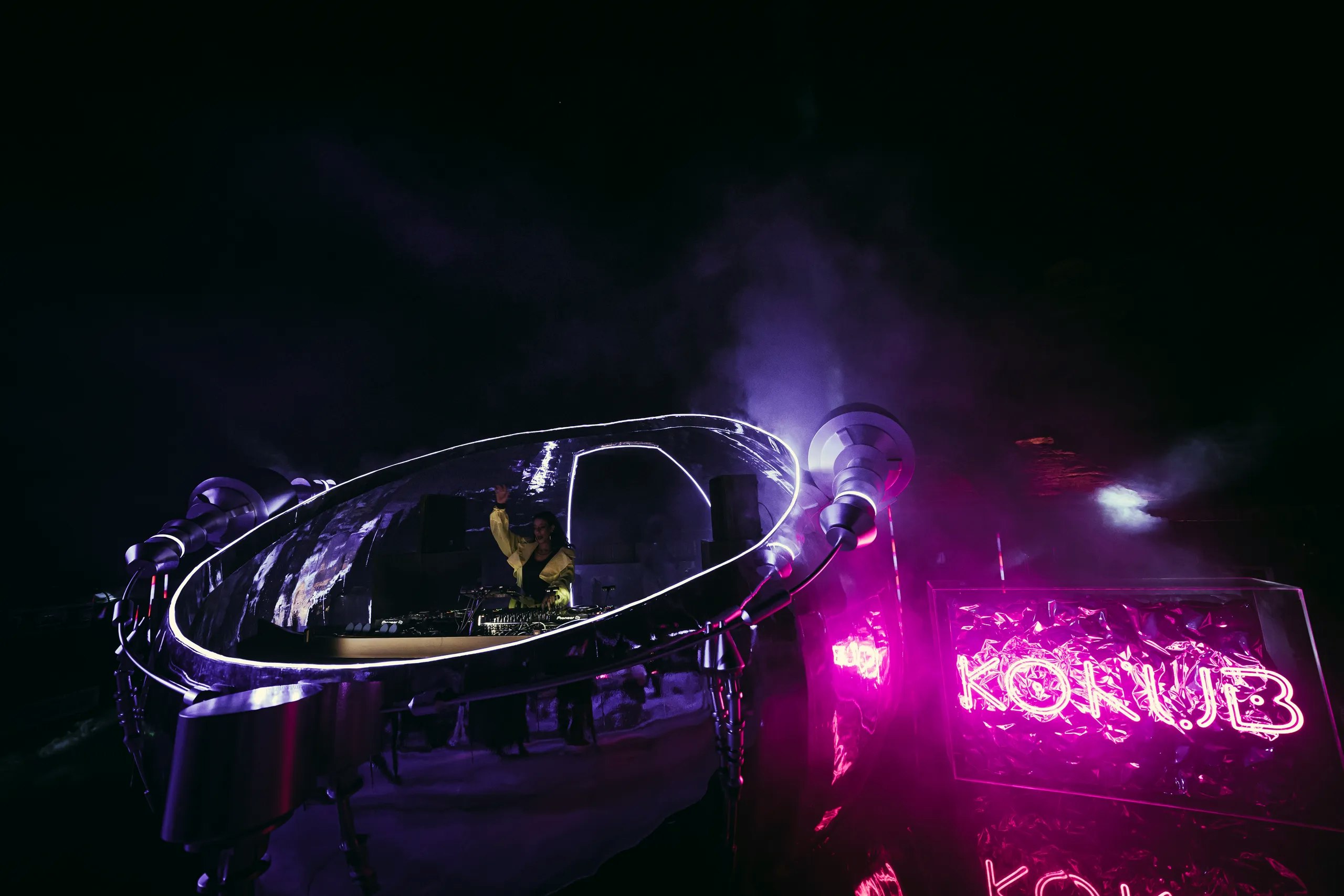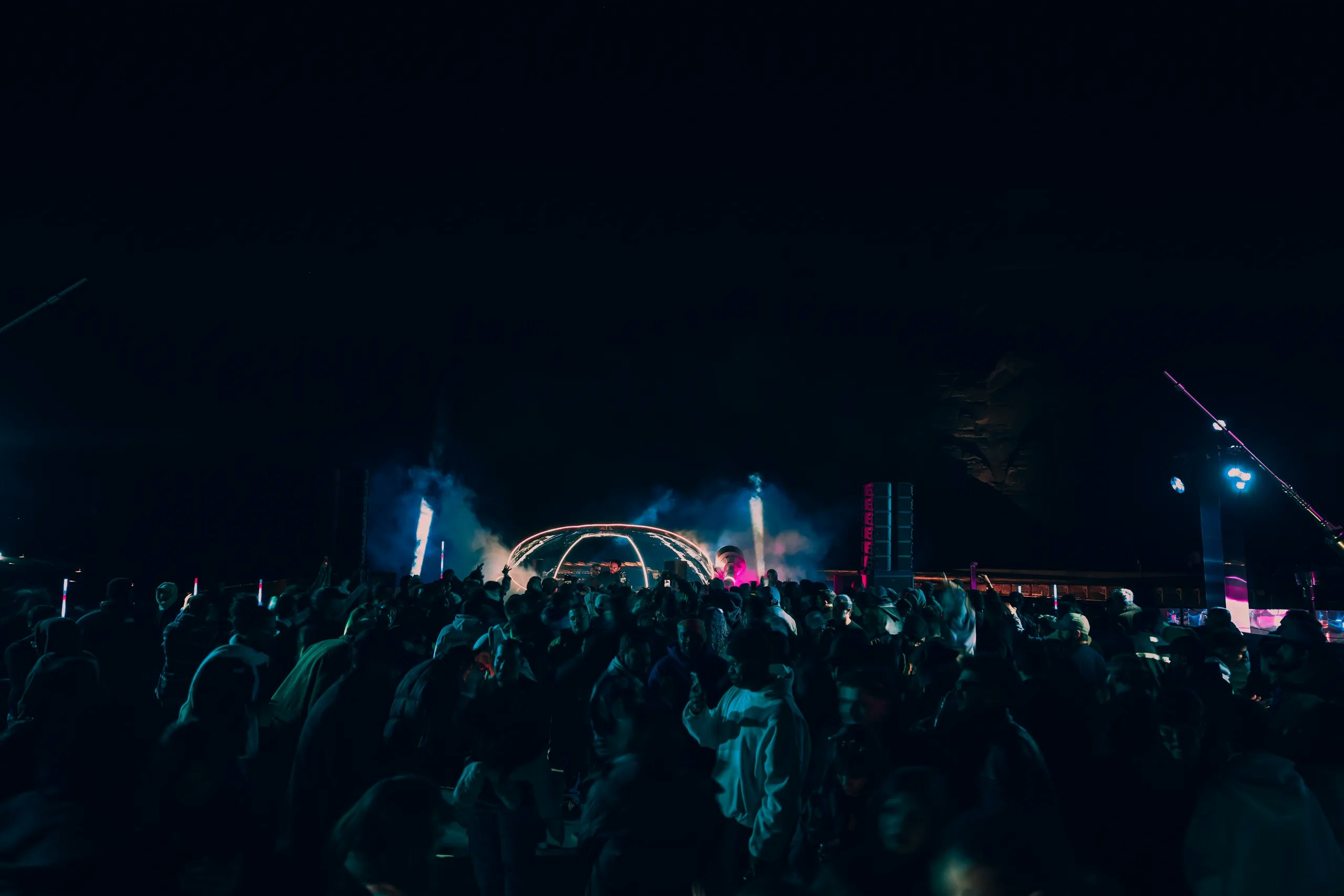

Crowdsourced Music: The Power of Fan Contributions
By MDLBEAST
January 20 2025
Crowdsourced Music: The Power of Fan Contributions
By MDLBEAST
January 20 2025
In today's music industry, the landscape is constantly evolving, with technology and digital platforms offering new ways for artists to engage their audiences. One of the most revolutionary developments in recent years is the rise of crowdsourced music. This process involves fans contributing ideas, lyrics, melodies, and even entire tracks to influence or co-create an artist’s final work. It’s a trend that redefines the traditional relationship between artists and their fans, emphasizing collaboration, creativity, and community-driven music-making.
The Concept of Crowdsourced Music
Crowdsourced music is a method where artists invite their fans to participate in the creative process. While it can take many forms, this approach often involves fans voting on certain aspects of a track, submitting their own musical ideas, or collaborating on lyrics. Platforms such as social media, specialized apps, and online communities have made it easier than ever for artists to tap into their fanbase for creative input.
This concept is not entirely new. In the past, some artists held competitions or invited input from their fans. However, modern technology has enabled deeper interaction, allowing fans to play a more significant role in shaping the music they love. Whether through remix contests, fan-sourced albums, or community-driven productions, the boundaries between artist and audience are blurring.
How Fans Contribute
There are various ways fans can contribute to the crowdsourced music process, from providing feedback on song drafts to participating in creative contests. Here are some of the most common forms of fan contributions:
Lyric Writing: Many artists open up their songwriting process to fans by asking for lyric suggestions. This not only creates engagement but also offers unique perspectives that artists may not have considered.
Music Composition: Some musicians allow fans to submit their own musical compositions, which could be used as part of the final track or even inspire a new direction for the song.
Voting on Song Choices: Platforms like Patreon or artist-specific apps may allow fans to vote on key aspects of an album, such as the order of tracks or which songs should be included. This gives the audience a direct say in the music’s development.
Remix Contests: Electronic artists and DJs frequently offer stems (isolated audio tracks) of their songs for fans to remix. This not only showcases the creativity of fans but also builds anticipation for the final, official version of a track.
Crowdsourced Funding: While not always related to the creative process, fans often help fund albums through crowdfunding platforms like Kickstarter or Indiegogo. In return, fans may get exclusive access to the creative process, early releases, or other rewards.
The Benefits of Crowdsourced Music
The growing trend of crowdsourced music brings with it a multitude of benefits for both artists and their audiences.
Strengthened Artist-Fan Relationships: By involving fans in the music-making process, artists cultivate a deeper connection with their audience. This type of engagement makes fans feel valued and appreciated, often leading to a stronger sense of loyalty.
Increased Creative Diversity: When fans contribute, they bring a wealth of diverse ideas and perspectives. This can introduce fresh, unexpected elements into an artist's work, helping them push creative boundaries they may not have explored alone.
Boosting Artist Visibility: Crowdsourcing projects often generate buzz, particularly when fans promote their contributions across social media platforms. This can lead to organic promotion and a wider audience reach for the artist.
Shared Ownership: The collaborative nature of crowdsourced music creates a sense of shared ownership between artists and fans. When a song or album is released, fans often feel a personal connection to it, as they played a part in its creation.
Expanding the Music Community: Crowdsourcing fosters a sense of community among fans who feel they are part of something larger. This shared involvement can create a tight-knit community of supporters who are highly engaged and invested in the artist's success.
Challenges and Limitations
While crowdsourced music offers many advantages, it is not without its challenges. Managing large-scale fan contributions can be overwhelming for artists, particularly when ideas clash or there is an overabundance of submissions. Artists must also balance their own creative vision with the contributions of fans, ensuring that the end result stays true to their artistic identity.
There are also concerns about intellectual property rights, as the contributions of fans could lead to legal disputes over ownership of the final product. Clear communication and agreements between artists and contributors are necessary to avoid misunderstandings or potential conflicts.
Additionally, some fans may feel excluded if their ideas aren’t chosen, which could lead to dissatisfaction within the community. Maintaining transparency and open lines of communication throughout the crowdsourcing process can help mitigate this risk.
-
Follow the latest updates in the music industry and learn more about Soundstorm through MDLBEAST.
Share this


